- in Menopause , Women Health by tony
- |
- 3 comments
Entering Menopause
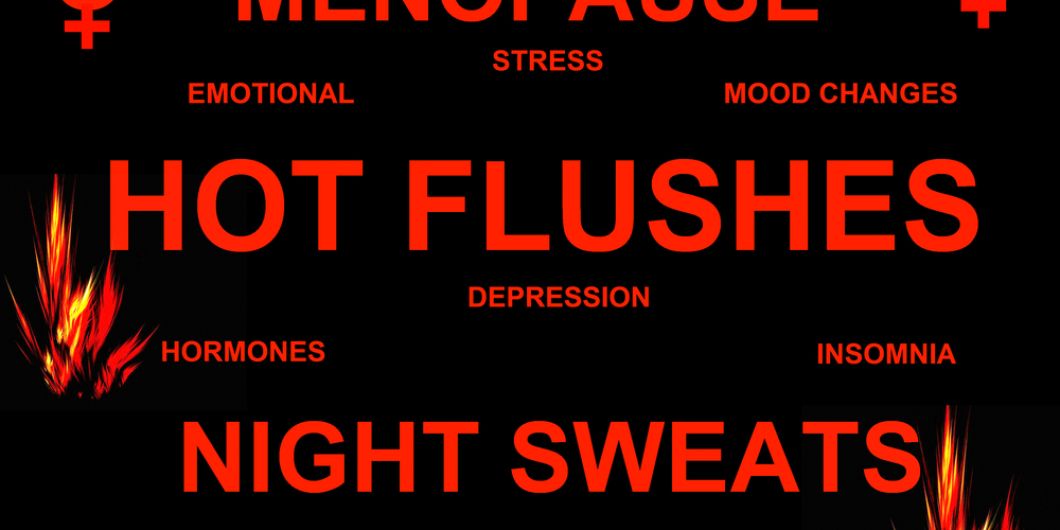
As you age, there are some things that are inevitable and one of them would be menopause. For most women, this is a sign of getting old, but it is more than that.
More...
Once you enter the menopausal stage, the chemical makeup of your body is changing and this leads into a change in your hormonal activities as well.
This is the end of the reproductive period of a woman, and happens when the ovaries are no longer capable of releasing egg.
It normally happens at the age of 40, but can be also experienced at an earlier point.
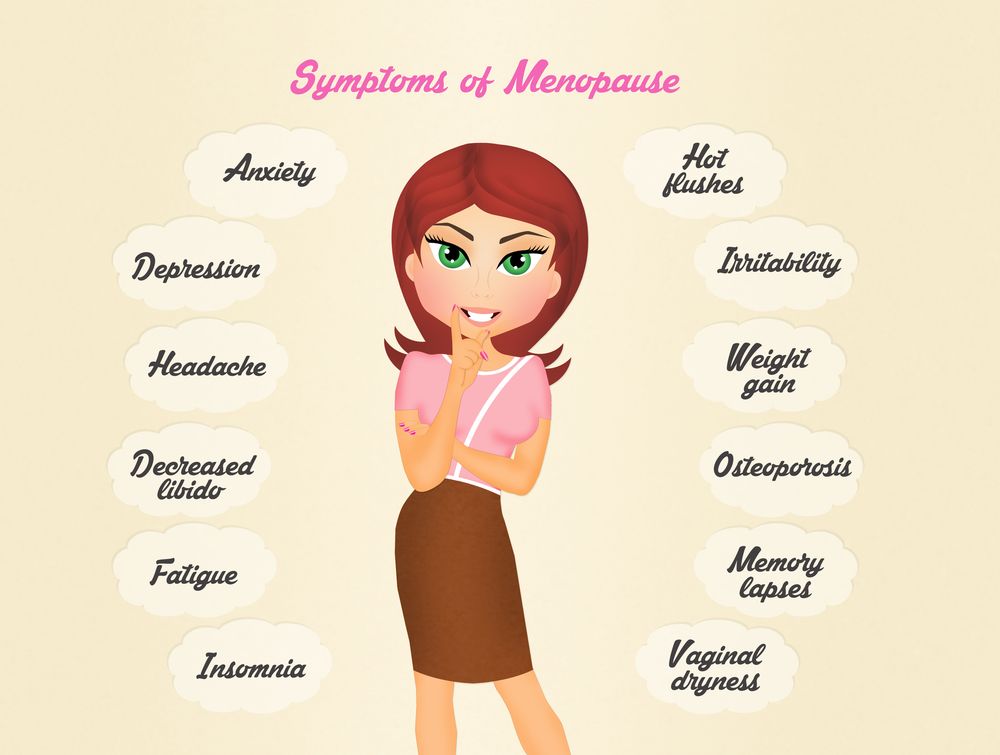
The process of menopause does not happen overnight. Rather, there are three distinct stages.
It begins with perimenopause. This is the time when the level of estrogen in the body gradually decreases. It is followed by menopause, wherein eggs are no longer produced and menstruation halts.
The last stage is post-menopause, which is characterized by different symptoms such as hot flashes. In the next paragraphs, you will learn about some of the symptoms that you are already entering your menopausal stage.

Changes in Menstrual Patterns
Because menstruation happens every month, at least for most people, any change in such will be noticeable.
More often than not, this is the most obvious but ignored sign that you are already about to enter the menopausal stage.
Your monthly period can be earlier or later than the usual. If you have been experiencing your monthly period at a regular time since you were young and it suddenly changed when you are nearing 40, consider it as a sign.
Nonetheless, it is also hard to ignore other possibilities, such as pregnancy, which can happen even before 40.
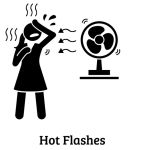
Hot Flashes
Hot flashes refer to a feeling of warmth that typically starts from one part and spreads on the rest of the body.
More often than not, it will begin from your head or neck and it is often complemented with excessive sweating.
While there are many possible causes of such, one of the most common would be the change in the level of estrogen in the body, which is one of the most obvious indications that you are about to enter the earliest stage of menopause.
Your decrease in estrogen sends a signal to the brain, which, in turn, allow it to detect too much body heat.
This also leads into the dilation of the blood vessels and increase in heart rate, and hence, sweating.
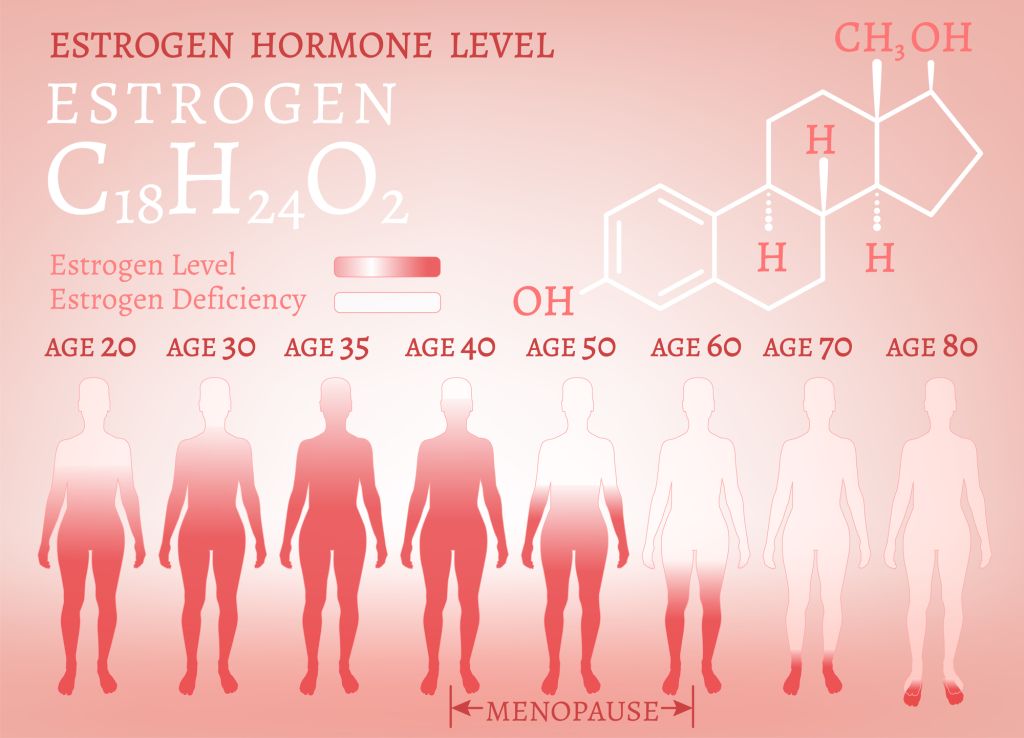
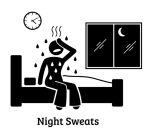
Irregular Sleeping Pattern
Insomnia and other sleep problems can be attributed to a number of reasons, and one of them would be menopause.
During the transition from perimenopause to menopause, the ovaries decrease the production of estrogen and progesterone, both of which are known for promoting sleep.
In addition, the changes in the level of estrogen can make you more vulnerable to external environmental conditions that can have a negative impact on your sleeping patterns.
Based on the data that has been released by the National Sleep Foundation, around 61% of women who are entering the menopausal stage are complaining about having problems with sleep.
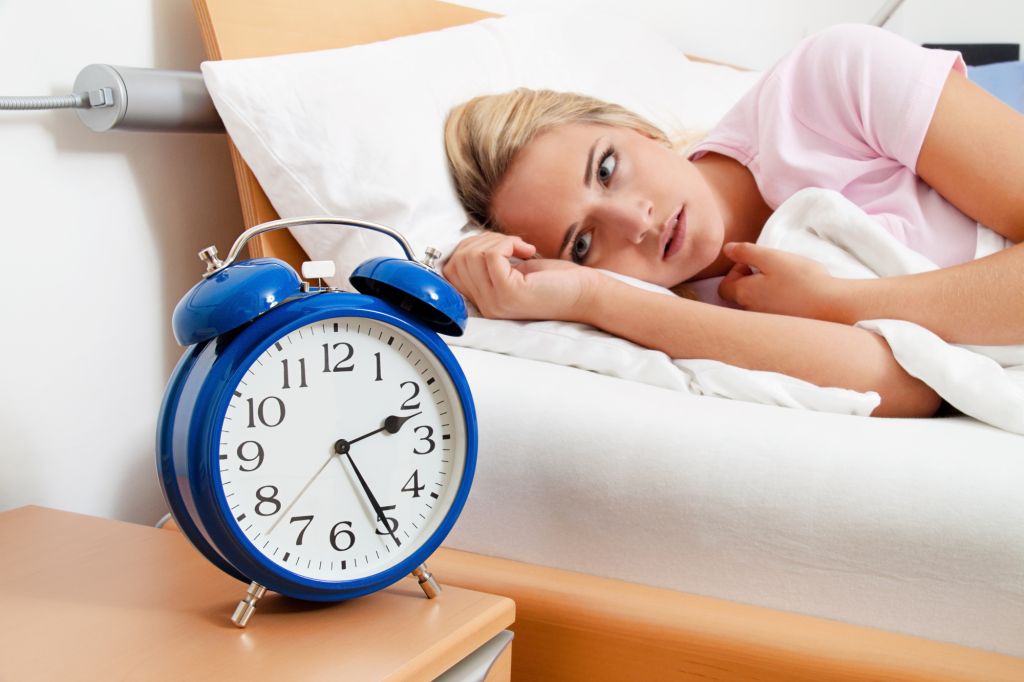
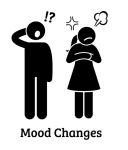
Moodiness
Prior to entering the menopausal stage, it is most likely that you will experience an emotional roller-coaster, which will lead into abrupt changes in your mood. You will often feel irritable, depressed, and anxious as a result of shifts in hormonal activity.
Regardless of how hard you try to control your moodiness, there is very little or nothing that you can do about it as it happens naturally.
Your moodiness is even escalated by the fact that you cannot accept that you are already growing older, and can even be worse if your children are already leaving you.

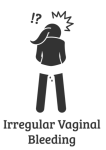
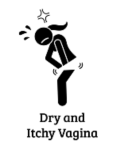
Vaginal Symptoms
There are also instances wherein your vagina can let you know if you are already entering the menopausal stage.
One of the most common would be its dryness, which can result into discomfort and pain during sexual activity.
You are also most likely going to experience vaginal bleeding and itching.
When you experience these symptoms, do not forget to consult with a doctor the soonest possible time as it may not just be a sign of menopause, but also of an infection or other serious health problems.

Tracy would start tearing up at bathroom tissue commercials or cute cat videos.
She started feeling more sensitive to news stories and becoming outraged at injustice.
But then it started happening more often. Things that didn't use to bother her started to irritate her.
She knew that she was over-reacting to things.
But, why?
It wasn’t until her best friend Cathy forwarded her a video about perimenopause that Tracy realized what was going on.
She wasn’t going crazy—she was entering perimenopause.
Perimenopause is the period of time before a woman’s menstrual cycle stops.
It’s called menopause when a woman goes 12 months without a period, and before that, it’s called perimenopause.
It can take a VERY long time—up to ten years. It’s a time when a woman’s periods change in regularity and flow.
They can be closer together or farther apart. They can be lighter or heavier. A woman can miss one or two and then start back up again.
But, if a woman is on the birth control pill, she may not experience the changes to her menstrual cycle. In fact, mood swings can often be the first sign of perimenopause.
That’s what makes so many women—and their loved ones—feel like they are losing their minds. There’s actually a biological reason for these emotional highs and lows.
Hormones, such as estrogen, influence the production of serotonin, which is a mood-regulating neurotransmitter.
Since a woman’s levels of estrogen drops during perimenopause, serotonin levels drop, too. Mood swings aren’t something you just have to live with, however.
There are treatments available, which include hormone therapy or lifestyle changes.
Check with your endocrinologist to see what’s best for you. If you’re experiencing mood swings and don’t know why… or if someone sent you this video as a hint…
visit hormone.org to learn more about perimenopausal mood swings.
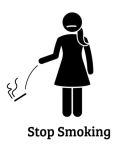
now in this clip we’re going to talk about some of the ways what you can do to reduce the symptoms of menopause like hot flashes.
Now if you smoke, it’s going to increase your risk of getting osteoporosis and some of the associated heart conditions that you would find that most women are at increased risk of getting when they are in menopause
because that’s due to the reduction or the cessation of the hormones, female hormones estrogens.
So they stop producing that and they stop having the protective effects of this particular hormone.
So smoking is, my studies have shown, increases your risk of getting osteoporosis and heart diseases,
so the recommendation from most medical doctors is, that for women who are actually in menopause or entering menopause is to actually, to stop the smoking which is also unhealthy for you anyway
because it causes other medical conditions and it increases your chances of getting other cancers because there are so many carcinogenic that is in the nicotine and in the cigarette itself,
so stop smoking.

Now in this clip we’re going to talk about diet and particularly for women who are entering menopause or are in menopause, and usually because they have decreased production or cessation of estrogen hormone in the body, they could be at risk or more prone to gaining weight
and also to have more increased risk of getting cardiac and heart diseases.
So the recommendation is when you are in menopause is to change your diet and eat a more healthy diet.
Now, of course, eating a healthy diet is to increase your, vegetables, your fibers.
So for example, to lower your LDL levels so that you’re not at risk in making your risk of having cardiovascular diseases higher you should eat a lot of fibers.
Like the fibers that you will find in beans and, and in rice, brown rice and also lots of leafy green vegetables as well that will lower your LDL and also eat, you know more fruits and more fruits is also important and to eat less red meat, incorporate a bit more white meat if you need to eat meat.
So changing your diet to a healthier diet will help you also to overcome some of the problems that you are going to encounter when you enter menopause because of your cessation of the estrogen hormone in your, in your body.
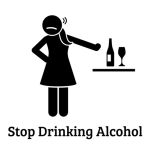
Now, in this clip, we're going to talk about alcohol.
Now, I never ever recommend drinking alcohol.
I think alcohol that has more bad effects than there are benefits.
Now when you are women either entering menopausal stage or actually in menopause, I think you that should avoid drinking alcohol drinking because especially binge drinking because alcohol actually induces more occurrences of and frequency of hot flashes.
But if you want to drink alcohol, I just say ok reduce it to maybe half a glass of red wine you know a day.
One of the effects of alcohol though is that you know when alcohol, say for example this is a blood vessel here, well when have, when you drink alcohol, alcohol here enters into your bloodstream and your blood vessels.
What it does is it causes the blood vessels to actually dilate.
So dilates means it gets wider.
So that what happens then is more blood is able to rush through, rush through the capillary.
And when, when the blood actually gets to the surface of the skin more blood rushes to the surface of the skin and it causes more heat from the core body of the temperature to go to the surface.
So, you're going to get even hotter.
So that's why I feel that to drink alcohol when you're going through menopause is actually a detrimental effect on you and it makes it worse since your hot flash duration and frequency.
So avoid drinking alcohol and that's my advice.




[…] ca also lead into vaginal dryness and the lack of tension from the vaginal muscles. This explains why women in the menopausal stage […]
[…] hormone levels are proportional to their with age. When women start to age faster and enter menopause, they get brittle bone, their human growth hormone and oestrogen are […]
[…] by the National Center for Complementary and Integrative Health studied 311 overweight and obese pre-menopausal women and each one of the female subjects was randomly assigned one of four […]